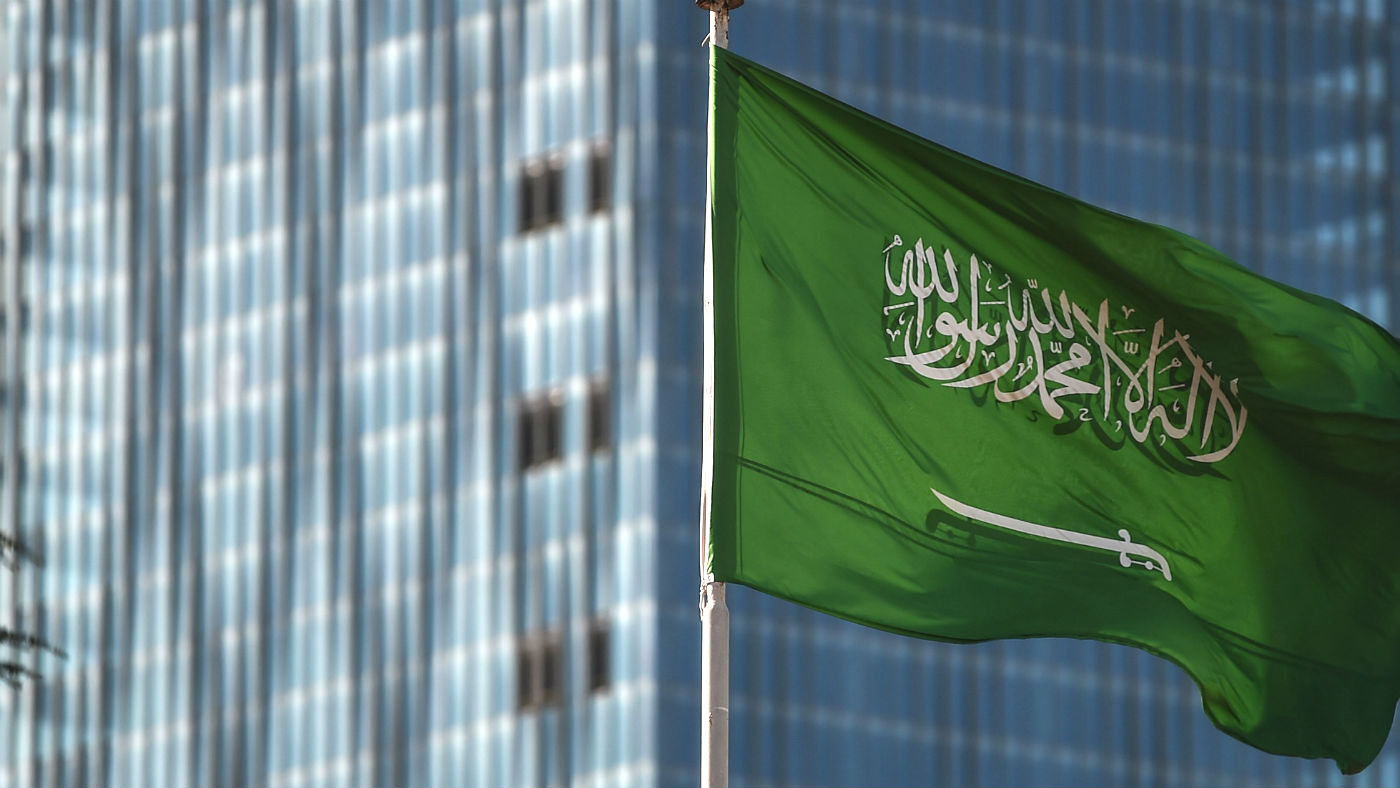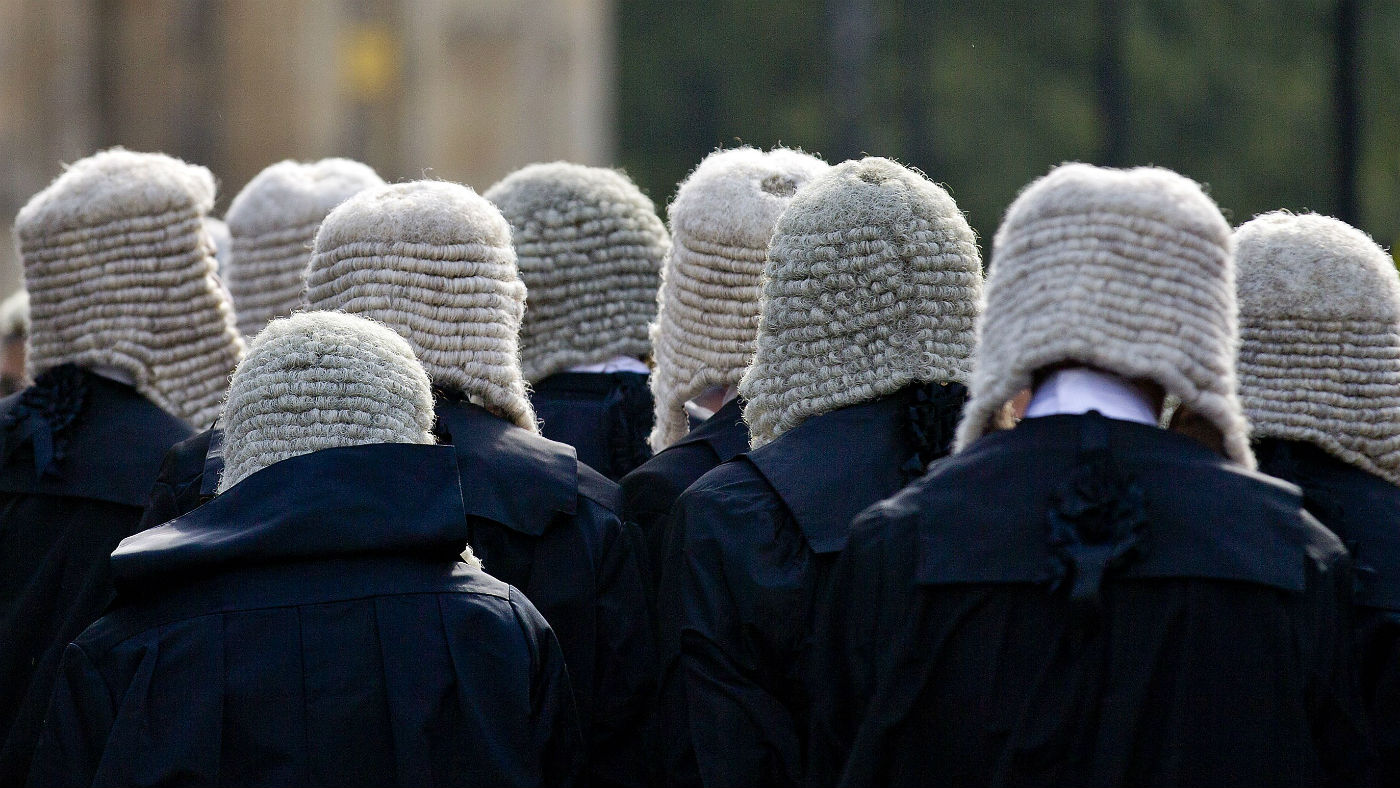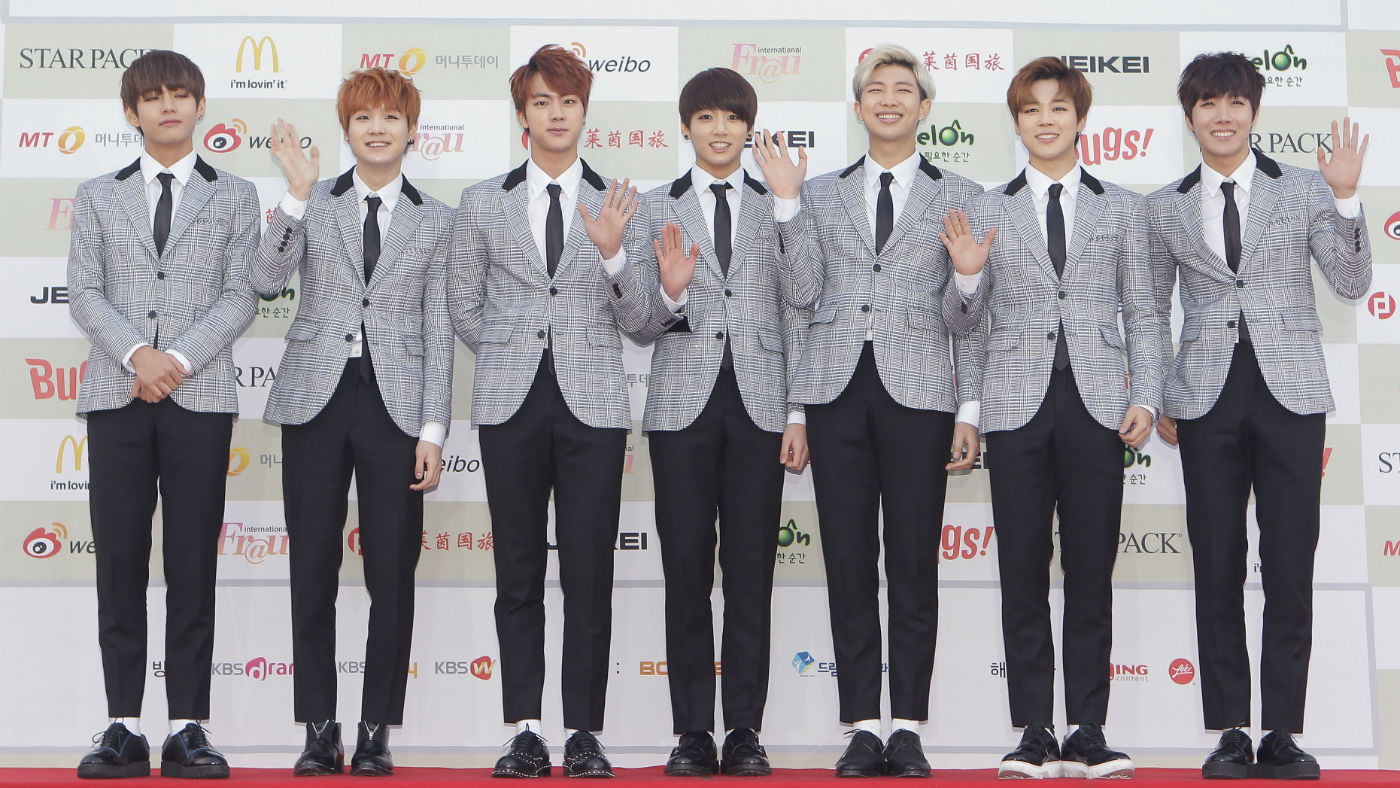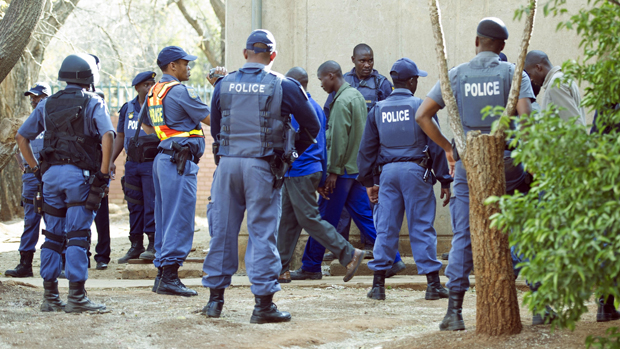The Week Unwrapped: Chinese chips, the Pope in Africa and podcasting
Is China losing the microchip war? What is the Vatican doing in South Sudan? And has the podcast tide turned?
A free daily email with the biggest news stories of the day – and the best features from TheWeek.com
You are now subscribed
Your newsletter sign-up was successful
Olly Mann and The Week delve behind the headlines and debate what really matters from the past seven days. With Rory Reid, Mariana Vieira and Suchandrika Chakrabarti.
You can subscribe to The Week Unwrapped wherever you get your podcasts:
In this week’s episode, we discuss:
The Week
Escape your echo chamber. Get the facts behind the news, plus analysis from multiple perspectives.

Sign up for The Week's Free Newsletters
From our morning news briefing to a weekly Good News Newsletter, get the best of The Week delivered directly to your inbox.
From our morning news briefing to a weekly Good News Newsletter, get the best of The Week delivered directly to your inbox.
Microchip wars
As China becomes more politically isolated, the rest of the world is scrambling to accelerate its capacity to build microchips – and to keep the most advanced chip technology out of the Chinese government’s hands. While China’s factories have successfully replicated many forms of microprocessor, the most powerful models – used in military and intelligence-gathering systems – are still beyond their ability. The US is leading the diplomatic campaign to keep it that way.
The Pope in South Sudan
On his way back from a visit to South Sudan on Sunday, Pope Francis called on Christian churches to welcome gay people into their congregations and criticised countries, including South Sudan, which criminalise homosexuality. He was flanked by Justin Welby, the Archbishop of Canterbury, and Iain Greenshields, the Presbyterian moderator of the Church of Scotland. What does this apparent outbreak of progressive unity mean for the three churches – and for gay Christians more broadly.
A pivot-point for podcasts
News that the number of new podcasts fell by 80% last year led to claims that the medium has gone from the next big thing to yesterday’s news. Even so, more than 200,000 new shows made their debut last year. Is that too few, too many, or just the right number? And amid such an avalanche of audio content, how are we meant to find the ones we like?
A free daily email with the biggest news stories of the day – and the best features from TheWeek.com
-
 How the FCC’s ‘equal time’ rule works
How the FCC’s ‘equal time’ rule worksIn the Spotlight The law is at the heart of the Colbert-CBS conflict
-
 What is the endgame in the DHS shutdown?
What is the endgame in the DHS shutdown?Today’s Big Question Democrats want to rein in ICE’s immigration crackdown
-
 ‘Poor time management isn’t just an inconvenience’
‘Poor time management isn’t just an inconvenience’Instant Opinion Opinion, comment and editorials of the day
-
 The power of Estonia’s same-sex marriage law
The power of Estonia’s same-sex marriage lawfeature LGBTQ people hope the country will set an example for other European nations
-
 The Week Unwrapped: Korean succession, terror by algorithm and German disquiet
The Week Unwrapped: Korean succession, terror by algorithm and German disquietpodcast Could a 10-year-old girl rule North Korea? Will an Isis victim upend web law? And why is Germany upset with its Oscars contender?
-
 The Week Unwrapped: Sex and health, the Earth’s core and another new year
The Week Unwrapped: Sex and health, the Earth’s core and another new yearpodcast Is the NHS failing British women? What’s going on at the centre of our planet? And what’s in a date?
-
 The Week Unwrapped: Antisocial Saudis, hormone therapy and retro tech
The Week Unwrapped: Antisocial Saudis, hormone therapy and retro techpodcast Why is Saudi Arabia investing in – and banning – social networks? Will new research make life easier for trans women? And is the future of technology dumb?
-
 The Week Unwrapped: AI in court, Germans in Taiwan and ghostwriters
The Week Unwrapped: AI in court, Germans in Taiwan and ghostwriterspodcast Could artificial intelligence replace lawyers? What does Taiwan want from Germany? And are ghostwriters becoming less ghostly?
-
 The Year Unwrapped: White refugees, Aegean islands and celebrity gossip
The Year Unwrapped: White refugees, Aegean islands and celebrity gossippodcast Was 2022 the year of the white refugees? What’s really going on in the Aegean sea? And why are we so obsessed with showbiz scandals?
-
 The Week Unwrapped: Tracking apps, BTS and stay-at-home girlfriends
The Week Unwrapped: Tracking apps, BTS and stay-at-home girlfriendspodcast Does China’s U-turn mark the end of Covid-tracking apps? Has South Korean pop passed its peak? And are we really seeing the rise of the stay-at-home girlfriend?
-
 The Week Unwrapped: Africa alert, ticket touts and the words of the year
The Week Unwrapped: Africa alert, ticket touts and the words of the yearpodcast Is South Africa at risk of terrorist attacks? Why are ticket touts in such high demand? And are we really in a ‘permacrisis’?